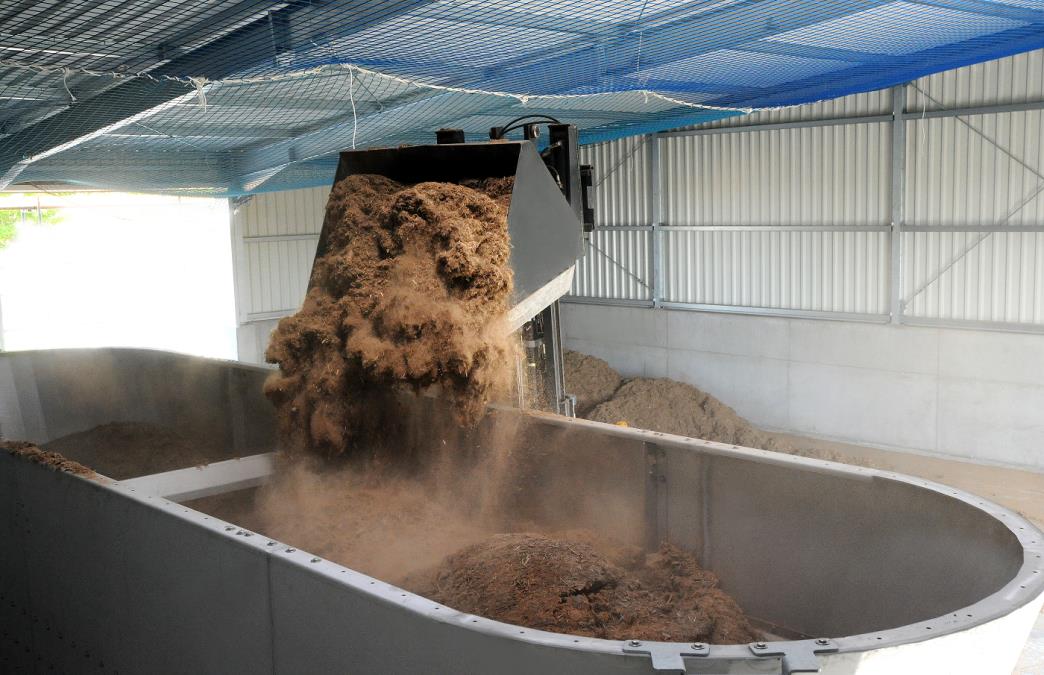Clariant concludes extensive testing on sugarcane residues with excellent results

- Over 40 containers of sugarcane residues transported from Brazil were converted into cellulosic ethanol at Clariant's pre-commercial plant in Germany
- Overall yield of performance runs achieved up to 300 Liters per ton of feedstock. Total cost per liter of cellulosic ethanol competitive with current sugarcane ethanol price in Brazil
- Martin Mitchell, Business Development Manager Americas at Clariant, will present the testing results during 12º F.O. Licht's Sugar & Ethanol Brazil, on April 27th, in São Paulo
"The process integrated on-site enzyme production using feedstock specific enzymes for sugarcane residues delivers a competitive edge and enables our sunliquid technology to drive high yields and attractive OPEX economics for cellulosic ethanol production" emphasizes Markus Rarbach, Head of Biofuels & Derivatives at Clariant. "In addition the advanced performance of our optimized enzymes allows us to use a chemical-free, mechanically lean and highly stable pre-treatment based on commercially proven equipment. Detailed hands-on process validation was always the key principle for our sunliquid development and with this approach we couldn't have been more spot on. Our motto has always been 'Keep it simple!'", he adds.
The performance runs at the pre-commercial plant in Straubing were conducted on multiple variations in composition (bulk and bale) and different qualities of sugarcane bagasse and straw were processed. A yield of up to 300 Liters of ethanol per ton of dry bagasse was achieved and validated during extended performance runs. These tests constitute an important milestone for the realization of a commercial-scale project with sugarcane residues.
Besides excellent yields on both C5 and C6 sugar conversion to cellulosic ethanol, Clariant was able to demonstrate its superior fermentation performance and stability. Some of the ethanol from the performance runs was shipped to Brazil and used in a commercial application, the details will be announced shortly.
The Clariant pre-commercial plant has also demonstrated cellulosic ethanol production on agricultural residues such as corn stover and cereal straw for the North American and European markets. Last year, Clariant announced the opening of its new R&D center in Planegg, near Munich, which demonstrates Clariant's strong commitment towards the application of biotechnology to develop sustainable bio-based products and processes in the field of biofuels and chemicals. More recently, the sunliquid technology was awarded the 2015 German Innovation Prize for Climate and Environment.
Clariant will take part in the 12º F.O. Licht's Sugar & Ethanol Brazil The sunliquid techonology will be presented during the event, which is sponsored by Clariant and will happen on April 25-27 at Tivoli Mofarrej hotel, in São Paulo. Martin Mitchell, Business Development Manager Americas at Clariant, during his lecture, on April 27, at 12h10, will provide details on the results of the tests developed with sugarcane residuesat at Clariant's pre-commerical plant in Straubing, Germany.

